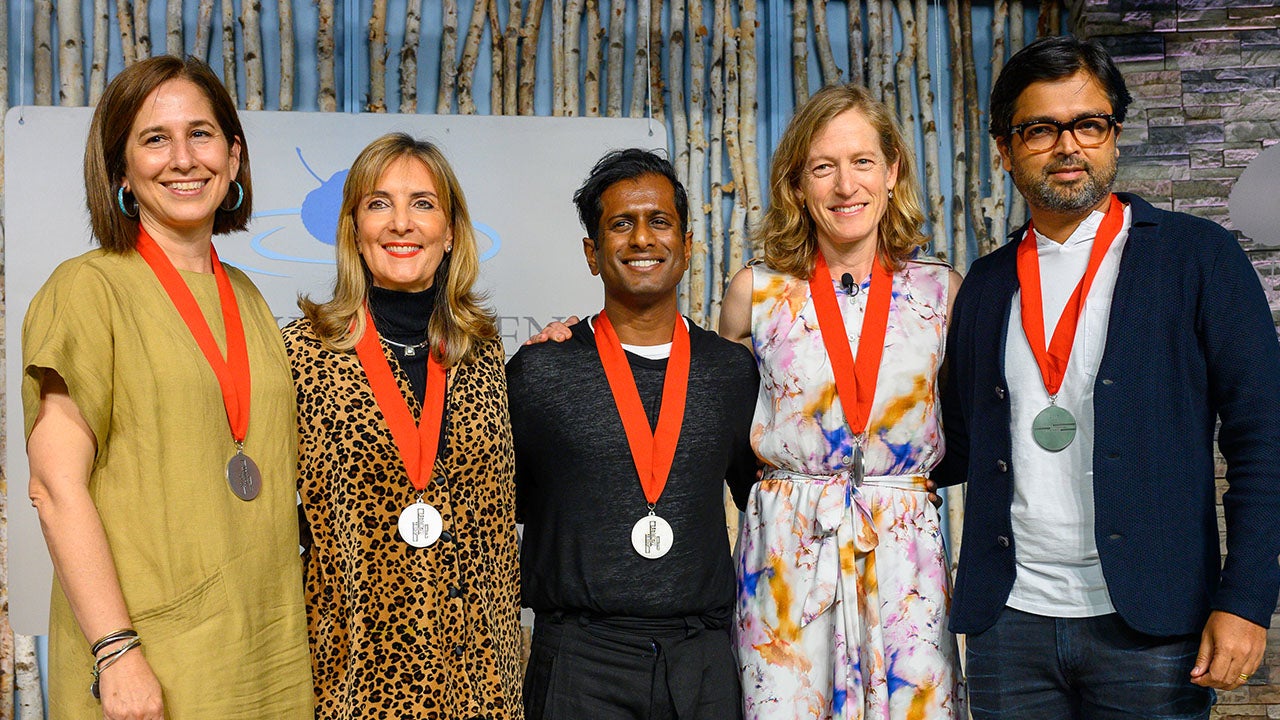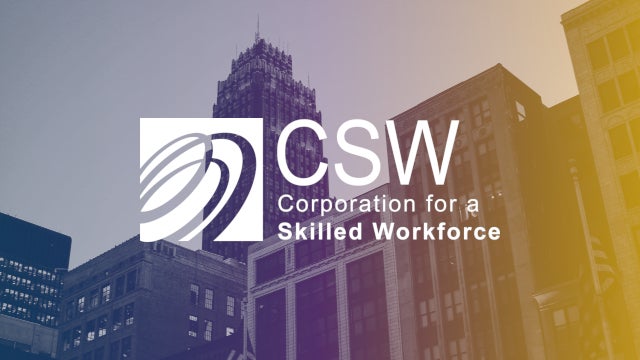Many believe that technology is part of the answer to uplifting all Africans, helping nations across the continent leapfrog their way into development and out of poverty. They’re right, but only if it’s done in an inclusive and thoughtful way. As a tech entrepreneur in South Africa, one of the world’s most unequal societies, I believe that the city of Cape Town shows us a path forward. Africa’s leading technology hub and start-up ecosystem could be a model for cities across the continent, as they seek to positively harness a unique convergence of disruptive technologies and the incredible potential of its youth.
Connectivity, mobile telecoms, mobile money, and new tech-enabled business models are making an immense contribution to African economic growth. It’s given small farmers and traders access to formal markets, students access to education, rural communities access to health interventions, the unbanked access to financial services, and women control over their own money.
The World Economic Forum cite a popular estimate that 65% of children worldwide entering school today may work in jobs that do not yet exist. This is incredibly exciting for African youth aspiring to the opportunities opening to their global peers. However, let’s not forget that many children entering school today may not even have a job at all. This scenario is even more acute for Africans. By 2035, there will be more young Africans entering the workforce than the rest of the world combined—the largest youth demographic in history.
This rising tide starts to look increasingly stormy when considering the impact on jobs by the next wave of rapidly advancing technologies: AI, machine learning, 3-D printing, 5G, robotics, the cloud, the Internet of Things, biotechnology and others. While the transformative potential is immense, this potential will be wasted if not harnessed. Wasting this potential will send African economies backwards relative to their Western and Eastern counterparts.
Twenty years ago, the economy of the Cape Town region, and South Africa, was picking fruit off trees and digging holes in the ground. Cape Town is now one of the leading tech cities in the world and is the only African city included in the Savilles Global Top Tech Cities list. The recently released Endeavour benchmark study on tech ecosystems in Africa and worldwide, found that the region produces more tech jobs than both Nairobi and Lagos combined, the other two recognized tech hubs on the continent.
The economic impact is profound. Growth happens at the intersection of technology and manufacturing, and other sectors like health, tourism, agriculture, finance, and media. In fact, 75% of all net jobs created in South Africa in 2017 were in the Cape Town region.

Joshin Raghubar co-founder of the Cape Innovation and Technology Initiative (CiTi)
Cape Town’s tech hub transformation is no accident. The idea that a technology-led economy is a ‘rising tide that lifts all boats’ has been a central theme of my work for the last twenty years. Twenty years ago, as South Africa emerged from the isolation of the Apartheid year, I was among a group of citizens who started the Cape Innovation and Technology Initiative – CiTi and today, I am chair of the board. Using convening power and a cluster development framework, we purposely set out to develop a globally competitive regional technology and innovation ecosystem. We believed and still believe that this could transform our economy to being generative, adaptive and inclusive.
The stories of young South Africans breaking the barriers of their circumstances inspires CiTi to continue our work. Sandisa Funani, a young black woman, was unemployed until completing our digital skills programme (CapaCiTi), and now is succeeding as a Business Analyst—a testament to her dedication and drive. Two young entrepreneurs, Siyabonga and Tyrone, took a leap of faith to build a software development company and joined a CiTi incubation programme five years ago. Today, Siyabonga and Tyrone from Skywalk Innovations are listed in Forbes Magazine 2019’s Top 30 under 30 list – Technology Category and employ 11 people. Uthini, a language learning application, incubated by our EdTech incubator, now provides a platform where 90 tutors are able to receive an income by sharing their language skills with others.
CiTi’s interventions go beyond incubation and acceleration of thousands of start-up companies, and one of the continent’s largest workforce readiness programs moving one thousand young people from unemployment into technology careers each year. Our open innovation clusters in fintech, biotech, blockchain, edtech, VR and other sectors are growing winners of the future, and further, we help shape local government’s economic development strategy, inform big business on their decision making, and include society in creating a managed vision of the technology economy – nurturing the entire ecosystem for success.
In order to build these ecosystems, there are basic challenges that can’t be ignored – unreliable electricity supply, the high cost of data, an education system that leaves many if not most young people behind, ecological fragility, unconnected markets that are sub-scale, and governance. However, a concerted development effort to build vibrant and inclusive technology ecosystems is necessary to deal with the displacement that the exponential advancement of technology will inevitably create.
Cluster development theory is not new, however, its application in Cape Town and the transformative results over two decades demonstrates that it is also an appropriate approach in an African context. There are technology ecosystem initiatives bubbling in various African cities. These must be focused, consistent and amplified. In my lifetime, I hope we see tech cities spread across the continent, reaping the rewards of the youngest and most dynamic population in the world.
Joshin Raghubar is a John P. McNulty Prize Laureate, entrepreneur, and co-founder of the Cape Innovation and Technology Initiative (CiTi)


